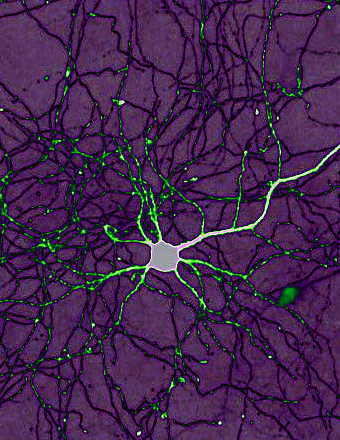AI leader leaves Google
 The ‘Godfather of AI’ has quit Google.
The ‘Godfather of AI’ has quit Google.
Geoffrey Hinton, a renowned British computer scientist and one of the pioneers of modern artificial intelligence (AI), has quit his job at Google's Brain AI division.
Hinton expressed concerns about the potential dangers of AI, including the possibility of AI surpassing human intelligence and taking over.
In an interview, Hinton stated that “it's a completely different form of intelligence, a new and better form of intelligence”.
Hinton's resignation highlights the growing concerns about the development of AI and its potential consequences.
In a recent letter, technology leaders including Apple co-founder Steve Wozniak and Elon Musk called for a pause in new AI development.
Hinton did not sign the letter, stating that if people in America stopped developing AI, people in China would continue, leading to a global race in AI development.
Hinton's resignation also marks a split in the views of three of the most prominent AI experts.
Hinton, Yann LeCun, and Yoshua Bengio, who shared the Turing Award in 2019, were once united in their views on AI development.
However, they now seem to have diverging views, which are important for society to consider as we figure out how to regulate AI.
LeCun, who is now the Chief AI Scientist at Meta, believes that AI experts can build things and leave the responsibility of managing them to others.
In a recent Twitter disagreement, LeCun stated that; “Prophecies of AI-fuelled doom are nothing more than a new form of obscurantism” and that politicians should be responsible for ensuring that technologies benefit everyone.
Hinton's concerns about AI go beyond job market disruptions and deepfakes that are too convincing.
In a recent interview, Hinton warned about “these things getting more intelligent and taking over”.
He is worried that generative AI represents a new class of intelligence that may threaten humanity's superiority one day.
For many, Hinton's resignation highlights the urgent need to address the ethical and societal implications of AI.








 Print
Print